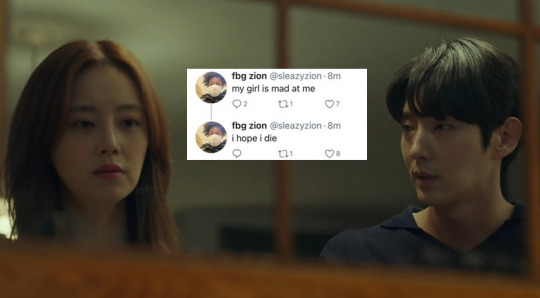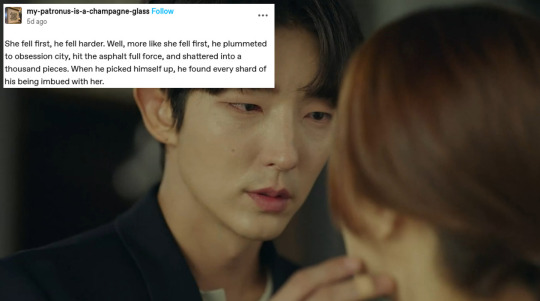she/her | busy watching kdramas | f1 sideblog: sharl-leclair
Don't wanna be here? Send us removal request.
Text
me trying to sound employable: i love effort…. and doing things. i love trying. working is the best. i love it when its hard, and bad
210K notes
·
View notes
Photo



I love all three of you pricks.
6K notes
·
View notes
Text




I’m guessing the job was pretty rough for her. And yet, she did her best to go along with Anya’s requests. You did a great job.
9K notes
·
View notes
Photo


LITTLE WOMEN 작은 아씨들 (2022) ⌊ ep.01 | dir. kim hee won ⌉
2K notes
·
View notes
Text







Her Private Life 그녀의 사생활 (2019) Dir. Hong Jong Chan – Ep. 13
157 notes
·
View notes
Text












As Long As We Both Shall Live わたしの幸せな結婚 (2023) Dir. by Tsukahara Ayuko
612 notes
·
View notes
Text
vinny is an ipad baby but for like cups
50K notes
·
View notes
Text










film diary - ✰ 8/? howl's moving castle (2004) dir. hayao miyazaki
knowing you'd be there gave me the courage to show up. that woman terrifies me. i can't face her on my own. you saved me, sophie. i was in big trouble back there.
3K notes
·
View notes
Photo




SUCCESSION ▸ The Old Guard™ immediately protecting gerri
1K notes
·
View notes
Text








I'll be right here.
When the Phone Rings (지금 거신 전화는) 2024
422 notes
·
View notes
Text
working full time is so stupid. There has to be more than this
489 notes
·
View notes
Text
You can only eat 2 foods for the next 2 years (with no health repercussions)
Spin this wheel twice to figure out what they are!
40K notes
·
View notes
Text







Why were we lying on the floor together last night?
When the Phone Rings (지금 거신 전화는) 2024
263 notes
·
View notes
Text
no way she discovered her cheating husband's pre-nup style pictures with the mistress... talk about a hard launch
0 notes
Text
dear lord I'm too young to be having back problems
2 notes
·
View notes





